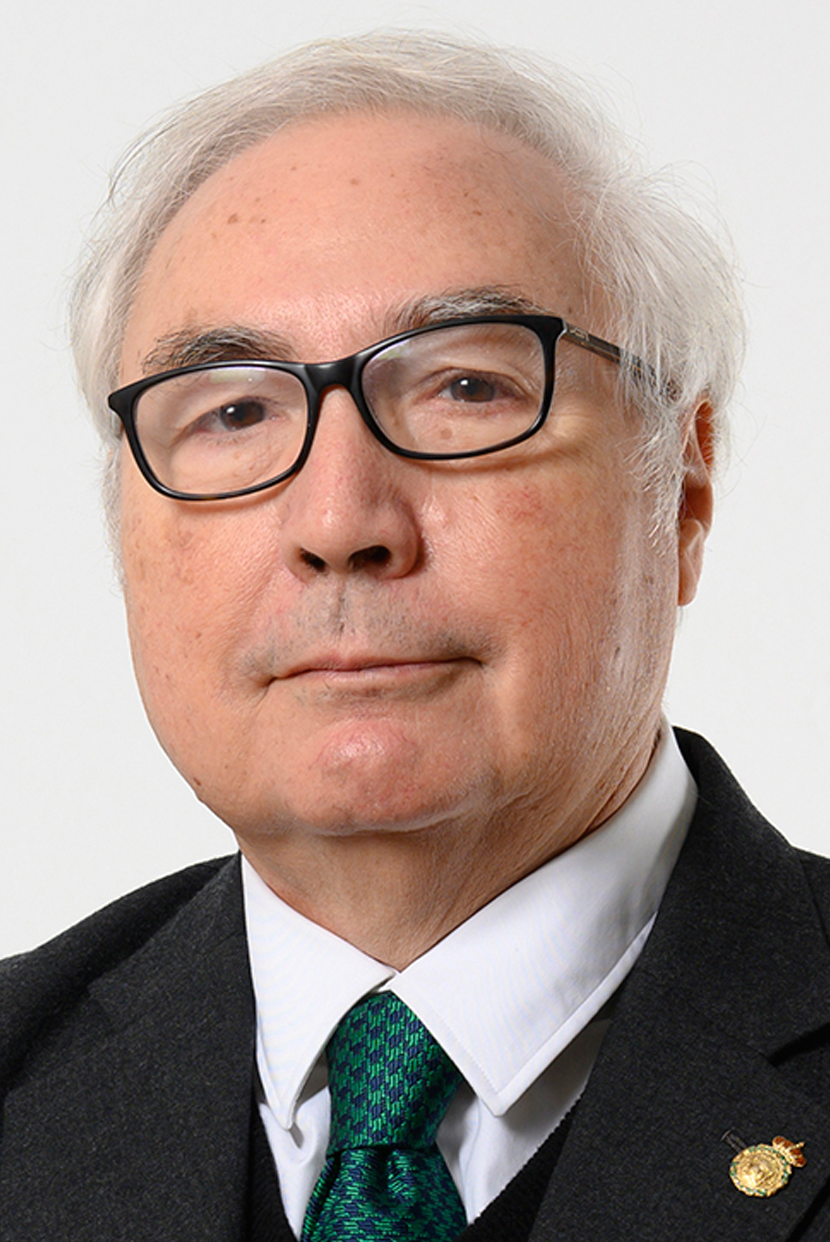„Raum ist der Ausdruck der Gesellschaft.“
The Rise of the Network Society: The Information Age: Economy, Society and Culture, Volume I
Manuel Castells ist ein spanischer Soziologe. Seit dem 13. Januar 2020 ist er Minister für Universitäten im Kabinett Sanchez II.In den 1970er-Jahren spielte Castells eine zentrale Rolle in der Entwicklung marxistischer Stadtsoziologie. Castells bisher wohl bedeutendster Beitrag zur Soziologie und Medientheorie ist die dreibändige Studie zur Weltgesellschaft als Netzwerkgesellschaft – The Information Age. Economy, Society, and Culture – die zwischen 1996 und 1998 erstellt wurde und in Zusammenhang mit dem Internetboom zumal in Kalifornien weiten Anklang fand. Die wesentliche These dieses Werkes zielt darauf ab, dass ein neues Paradigma, das Netzwerk, zu einem gesamtgesellschaftlichen Phänomen aufgestiegen ist, und nicht wie bisher nur gesellschaftliche Teilbereiche verändert. Das Werk erschien ab 2001 auch auf Deutsch. Wikipedia

„Raum ist der Ausdruck der Gesellschaft.“
The Rise of the Network Society: The Information Age: Economy, Society and Culture, Volume I
Opening, The Network is the Message, p. 1
The Internet Galaxy - Reflections on the Internet, Business, and Society (2001)
Quelle: The Internet Galaxy - Reflections on the Internet, Business, and Society (2001), Chapter 2, The Culture of the Internet, p. 37
“Internet use enhanced sociability both at a distance and in the local community.”
Quelle: The Internet Galaxy - Reflections on the Internet, Business, and Society (2001), Chapter 4, Virtual Communities or Network Society?, p. 122
“traditional media companies are not generating any profits from their Internet ventures.”
Quelle: The Internet Galaxy - Reflections on the Internet, Business, and Society (2001), Chapter 7, Multimedia and the Internet, p. 191
Quelle: The Internet Galaxy - Reflections on the Internet, Business, and Society (2001), Chapter 6, Privacy and Liberty in Cyberspace, p. 171
Quelle: Urban renewal and social conflict in Paris, 1972, p. 93
Quelle: The Rise of the Network Society, 1996, p. 376 as cited in: Jari Peltola (2006)
Communication, Power and Counter-power in the Network Society, 2007
Quelle: The Internet Galaxy - Reflections on the Internet, Business, and Society (2001), Chapter 9, The Digital Divide in a Global Perspective, p. 247
Quelle: Modernity — An Incomplete Project, 1983, p. 8-9
“John Chambers, Cisco's CEO and innovator, was, primarily, a salesman, and it shows.”
Quelle: The Internet Galaxy - Reflections on the Internet, Business, and Society (2001), Chapter 3, e-Business and the New Economy, p. 71
Quelle: The Urban Question: A Marxist Approach, 1977, p. 115
Quelle: The Internet Galaxy - Reflections on the Internet, Business, and Society (2001), Chapter 5, Computer Networks and Civil Society, p. 160
Quelle: The Internet Galaxy - Reflections on the Internet, Business, and Society (2001), Chapter 8, The Geography of the Internet, p. 212
Preface to the 2010, p. xvii
The Power of Identity (1997)
Quelle: The Rise of the Network Society, 1996, p. 16-17 as cited in: Andy Hargreaves (2003) Teaching in the Knowledge Society: Education in the Age of Insecurity. p. 16
Quelle: The Internet Galaxy - Reflections on the Internet, Business, and Society (2001), Chapter 3, e-Business and the New Economy, p. 90
Quelle: City, Class and Power, 1978, p. 3
Communication, Power and Counter-power in the Network Society, 2007
Opening, The Network is the Message, p. 2
The Internet Galaxy - Reflections on the Internet, Business, and Society (2001)
Quelle: The Internet Galaxy - Reflections on the Internet, Business, and Society (2001), Conclusion, The Challenges of the Network Society, p. 276
Quelle: The Urban Question: A Marxist Approach, 1977, p. 1
Quelle: The Rise of the Network Society, 1996, p. 500
Quelle: The Internet Galaxy - Reflections on the Internet, Business, and Society (2001), Chapter 6, Privacy and Liberty in Cyberspace, p. 176
Quelle: The Internet Galaxy - Reflections on the Internet, Business, and Society (2001), Conclusion, The Challenges of the Network Society, p. 282
Quelle: End of Millennium, 1998, p. 379
Quelle: The Urban Question: A Marxist Approach, 1977, p. 124 as quoted in: Phil Hubbard, Rob Kitchin (2010) Key Thinkers on Space and Place. p. 101
Quelle: Communication Power, 2009, p. 1510
Quelle: The Urban Question: A Marxist Approach, 1977, p. 376